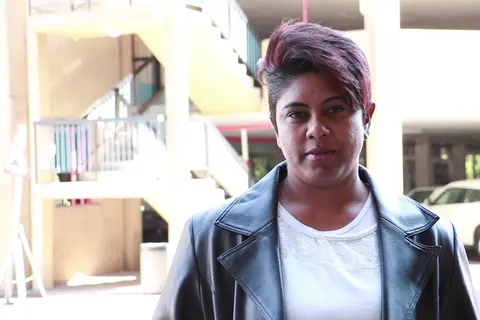Building stronger youth ministries using story-sharing
Bridge , Church , Community , YouthOn 28 and 29 March 2025, youth leaders from across Durban gathered at the Vuleka Centre in Outer West Durban for a Heartlines Bridge event to help them have courageous conversations about what they can do to strengthen their communities.
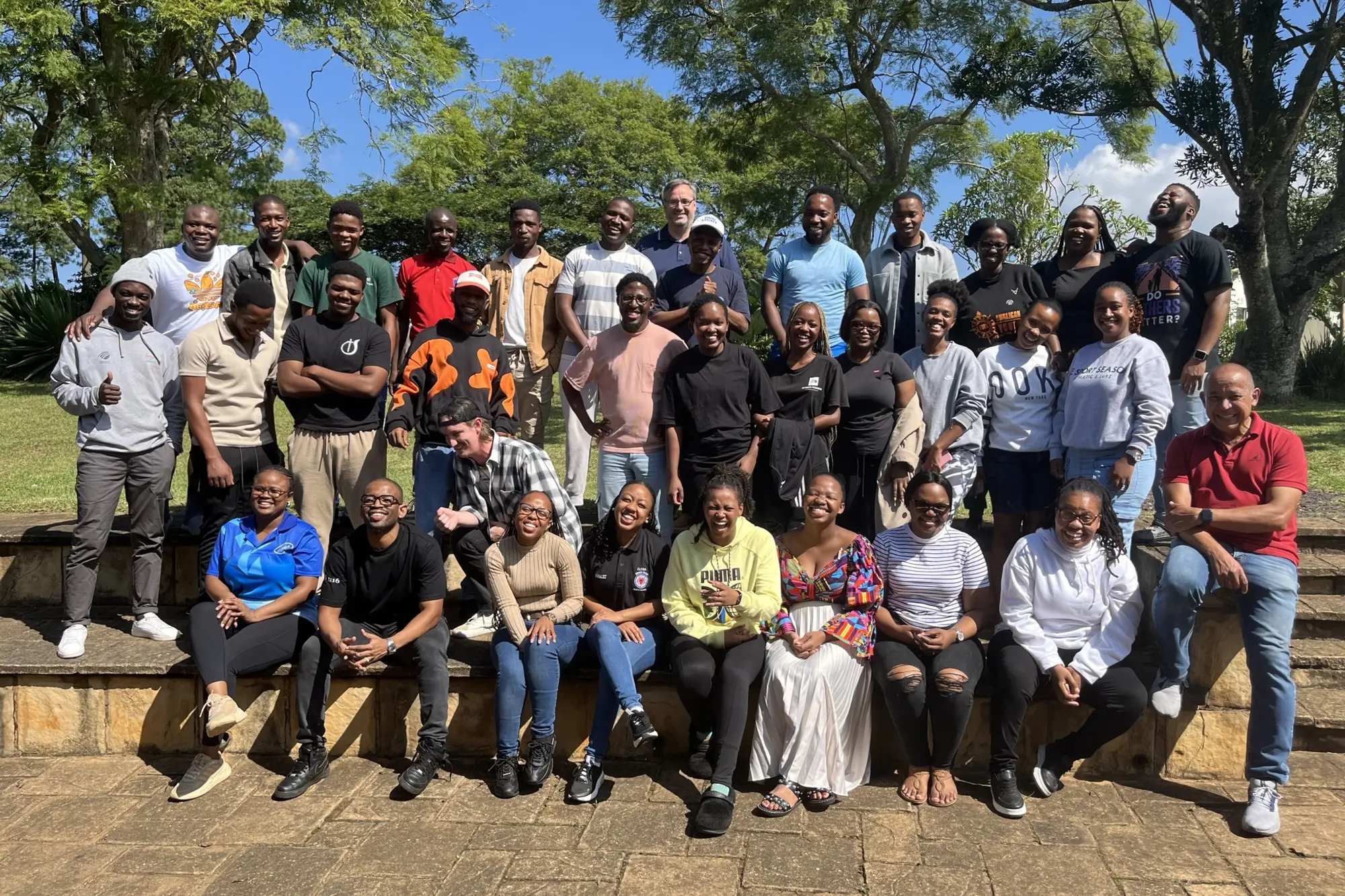
“What I’m truly going to take away from this is the ability to build intentional discipleship through the telling of stories, my story, the stories of those around us, and the story of Jesus,” shared Tyron, one of the leaders at the event.
Story-sharing requires a safe space where people can feel heard, understood, and supported without fear of judgement, and Heartlines facilitators Fana Ndlovhu and Tsepho Sitole began this important Bridge journey by helping the youth leaders to define what "safe" meant for them in this context.
For these leaders, creating safe spaces and being able to lead others is grounded in their relationships with God. Asisipho shared how trusting God is central to her youth leadership, saying, “As a leader, you don’t have to try to do God’s role. Be the sheep and let Him be the shepherd. Let him lead you as you lead others.” Her words encouraged the group to think about how humility and faith can shape their approach to ministry, especially when working with young people who look to them for guidance.
Stories that build trust
Story-sharing remained at the heart of the event, with Heartlines KZN Regional Rep Craig Bouchier introducing the River of Life exercise. In this activity, everyone had to imagine their lives as rivers, mapping out the moments that shaped who they are today and what led them to youth ministry. These personal journeys were then shared with their small group.
Thokozani spoke about how sharing personal experiences in ministry helped him see its power to connect and transform. “This programme showed me how important storytelling is for connecting with people, serving them, and transforming lives.”
For RefilweLerato, storytelling can reveal struggles that sometimes go unnoticed. “Most of the time we assume people are okay, but often they’re not. Listening with your eyes and being intentional about knowing people is essential for building positive conversations that lead to change.”
The vulnerability shown at the Bridge event helped build trust within the group. Reflecting on his own experience, Craig said, “Trust allows teams to accomplish things they never thought possible.” The youth leaders also began to have the courage to open up about the struggles they face in their roles.
Defining the challenges
Part of the reason these young people came to the Bridge was to more clearly define the issues in their youth ministries so that they could find solutions to the challenges they face.
Some of the things that came up through this process were:
- Engagement: Many young people struggle to stay involved in church activities because of distractions like social media, schoolwork, and peer pressure outside of the church. Youth leaders shared how some people only come to church and youth groups because their parents force them to. This makes it hard for youth members to grow their faith and stay connected to God.
- Lack of support: Many youth leaders feel like they’re left to figure things out on their own, with senior pastors often focusing on other areas of the church. This makes youth leaders feel like their work isn’t seen as valuable to the church. Without active mentorship, youth leaders say they feel burnt out because a lot of youth ministry responsibilities fall on them without the proper guidance.
- Generational divide: The gap between older church members and younger generations can make ministry feel disconnected. Traditional teaching styles and outdated approaches to activities like bible study don’t always resonate with youth group members. This means that youth leaders find it hard to keep young people interested or engaged in youth groups.
What can be done?
As the groups shared their struggles, it also created a beautiful opportunity for the leaders to think creatively together about how to address these issues. Some of their ideas included:
- Engaging more with senior pastors: The youth leaders felt that pastors could build stronger connections with youth leaders by actively participating in youth events. Hearing their stories and spending time with them would help senior church leadership better understand the challenges they face and offer more relevant support.
- Making discipleship personal: Youth leaders can inspire their members by living out discipleship in their everyday lives and becoming role models themselves by actively living a faith-based life. They emphasised the importance of building relationships by spending time with their young people, listening to them, and supporting them in their faith journeys
- Celebrating transformation: Sharing stories of how young people have grown in their faith or overcome challenges was seen as a way to inspire hope and encourage young people who are sceptical about youth groups. These stories could also help bridge the gap between youth leaders and the wider church leadership by showing the value in the work that youth ministry does.
The youth leaders agreed that storytelling has the power to create empathy and compassion, both within their youth groups and across their churches. By listening to each other’s stories, they can break down barriers, build trust and work together more effectively.
Moving forward together
The weekend ended with a circle of commitment, where the youth leaders shared their hopes for the future of their youth ministries and the role they hope to play in that. Many of them spoke about plans to bring What’s Your Story? into their youth groups, with Craig as their Heartlines contact person to guide them.
Craig encouraged them all to take the next steps and handed out resources, including the What’s Your Story for Youth Groups guide, which provides lessons and tools to help build stronger connections among young people. The weekend left the youth leaders inspired to build deeper connections within their youth groups and motivated to create meaningful change in the lives of young people they serve.
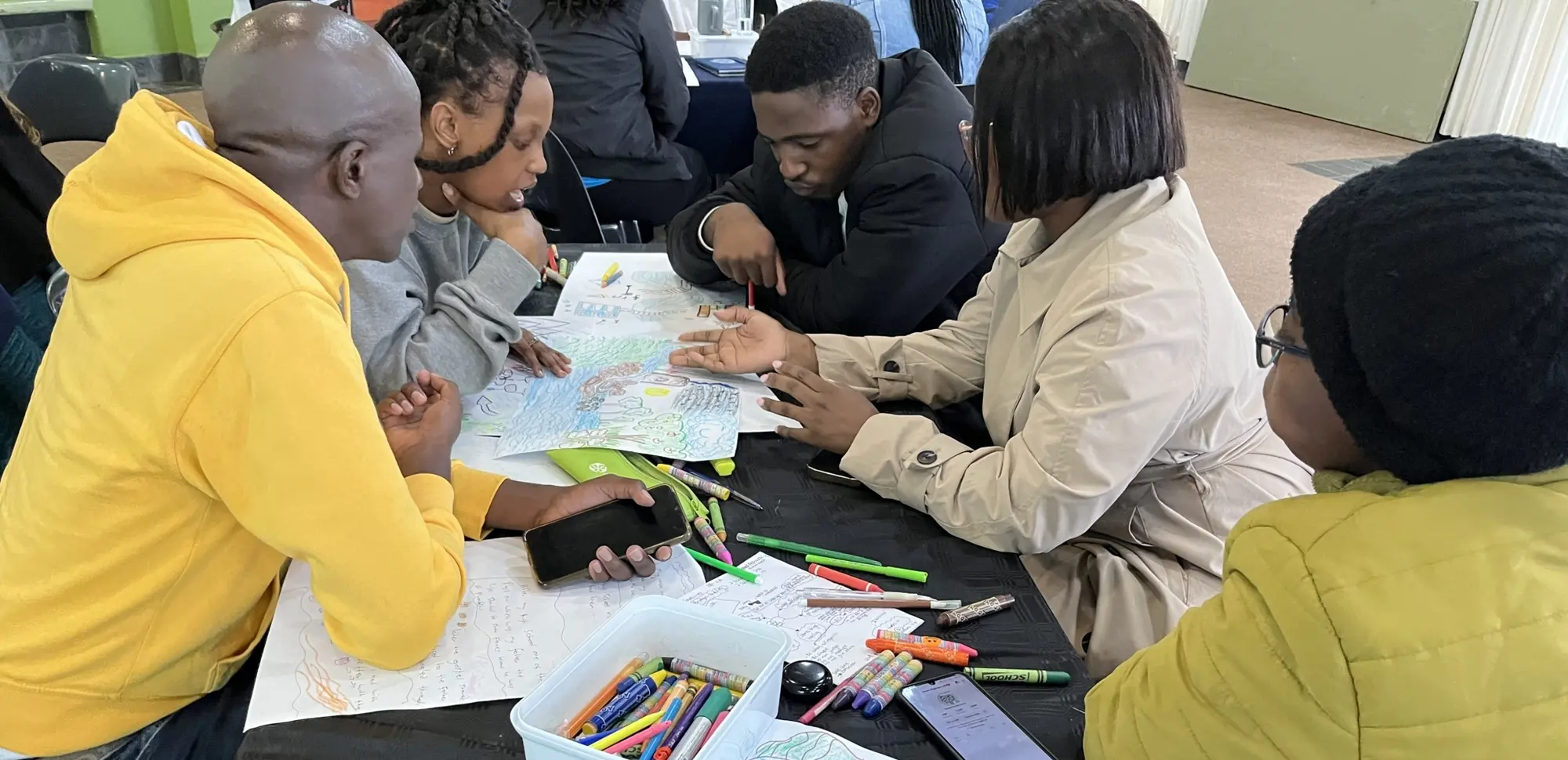
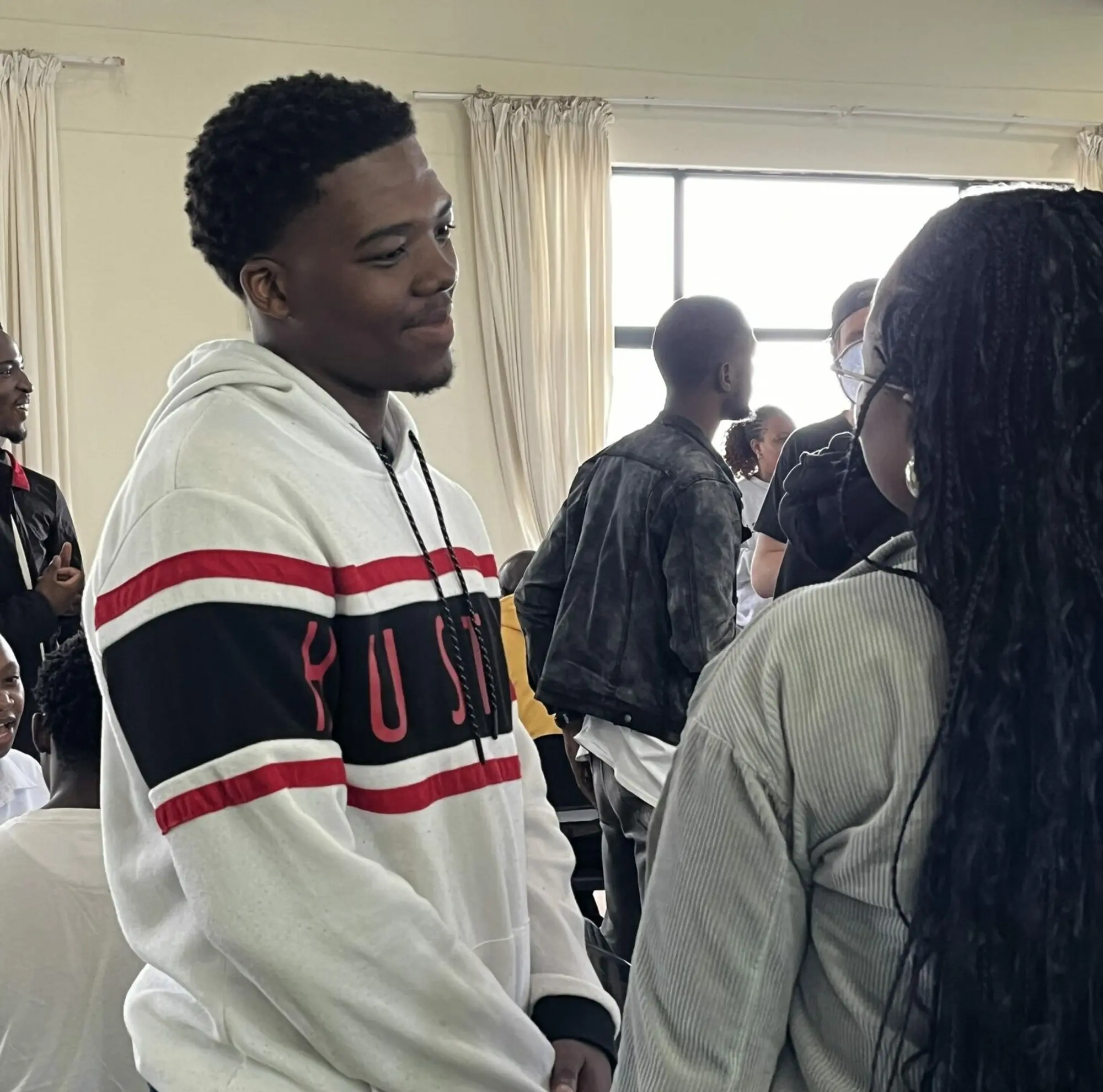
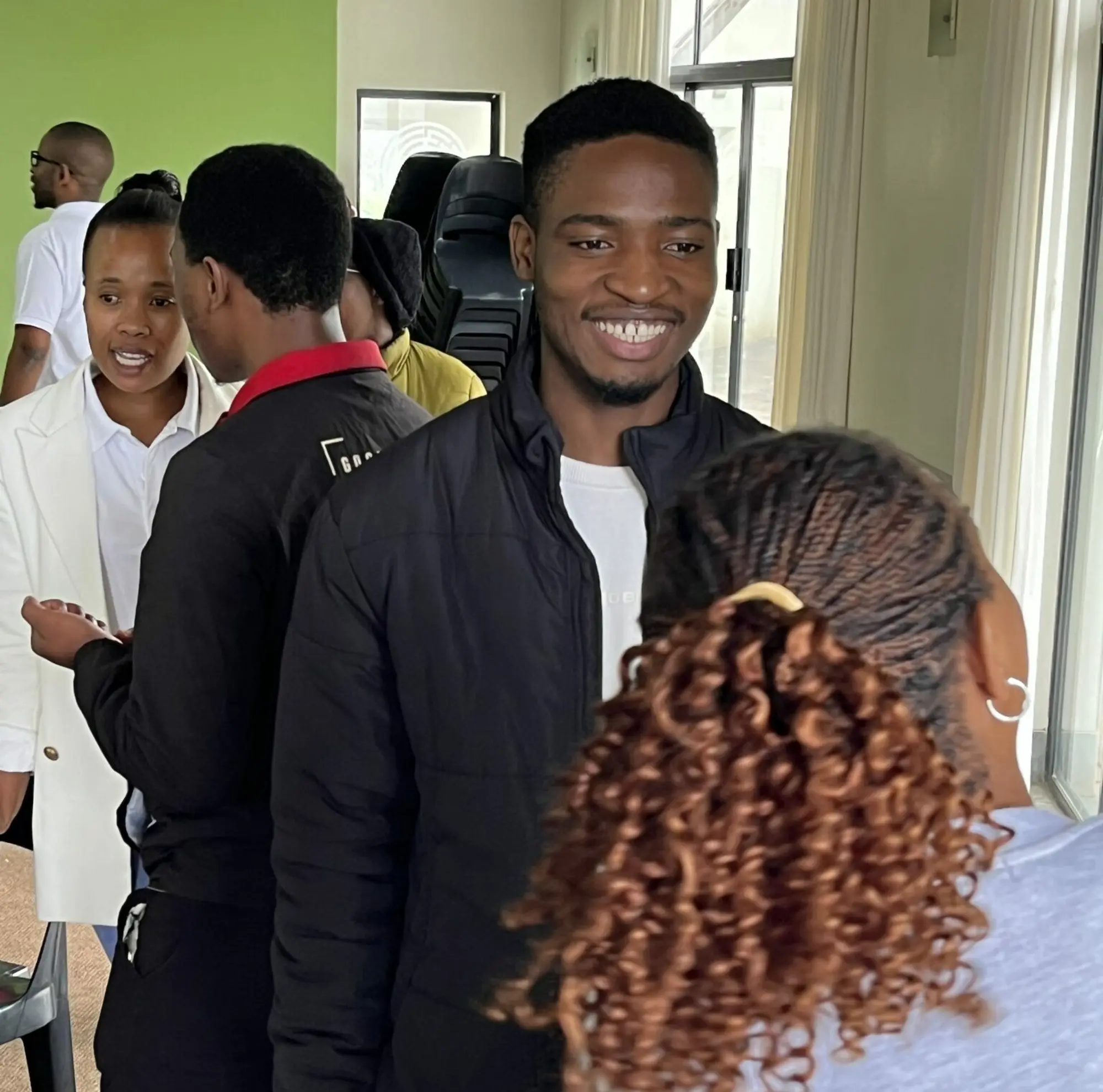
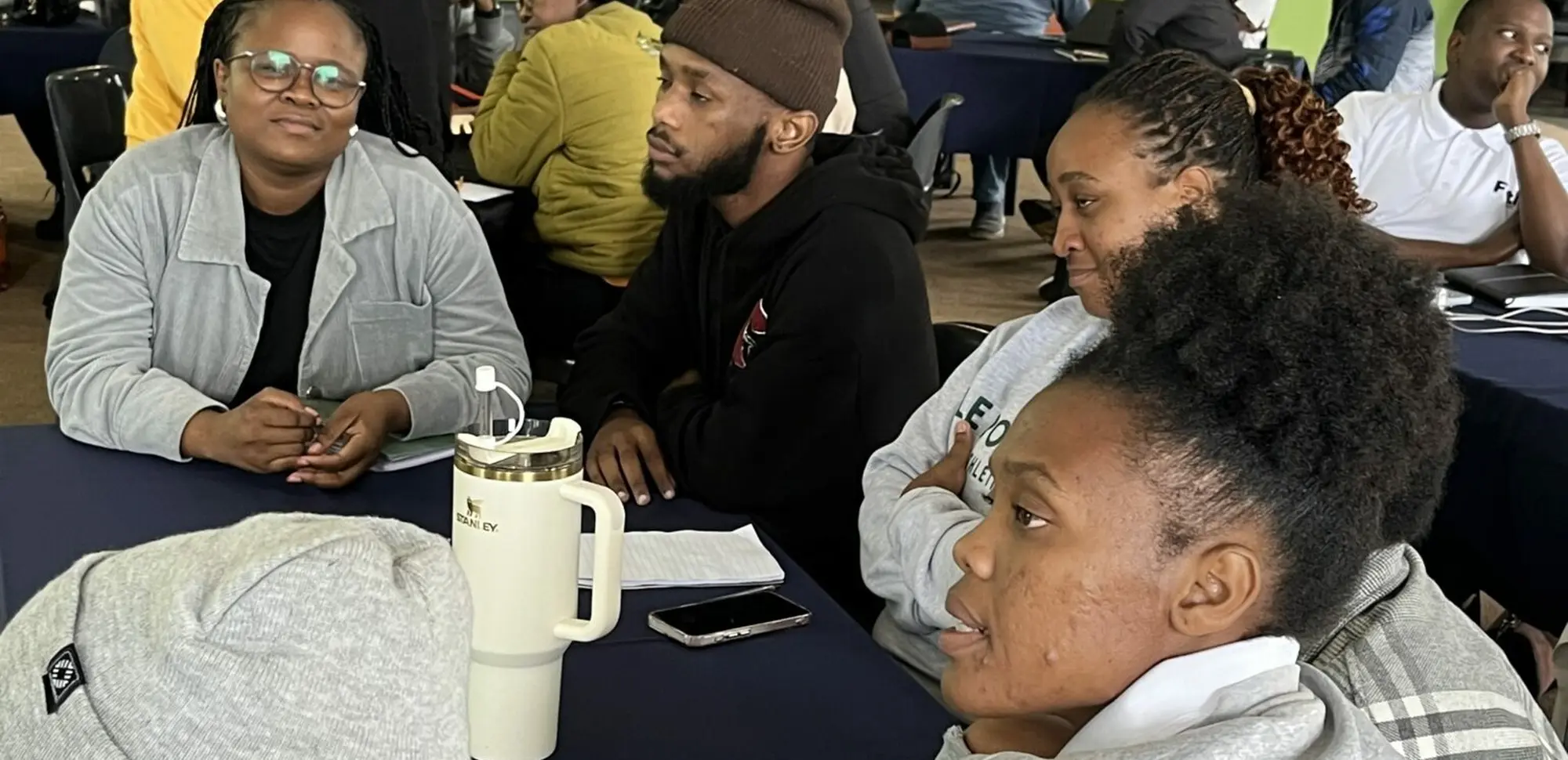
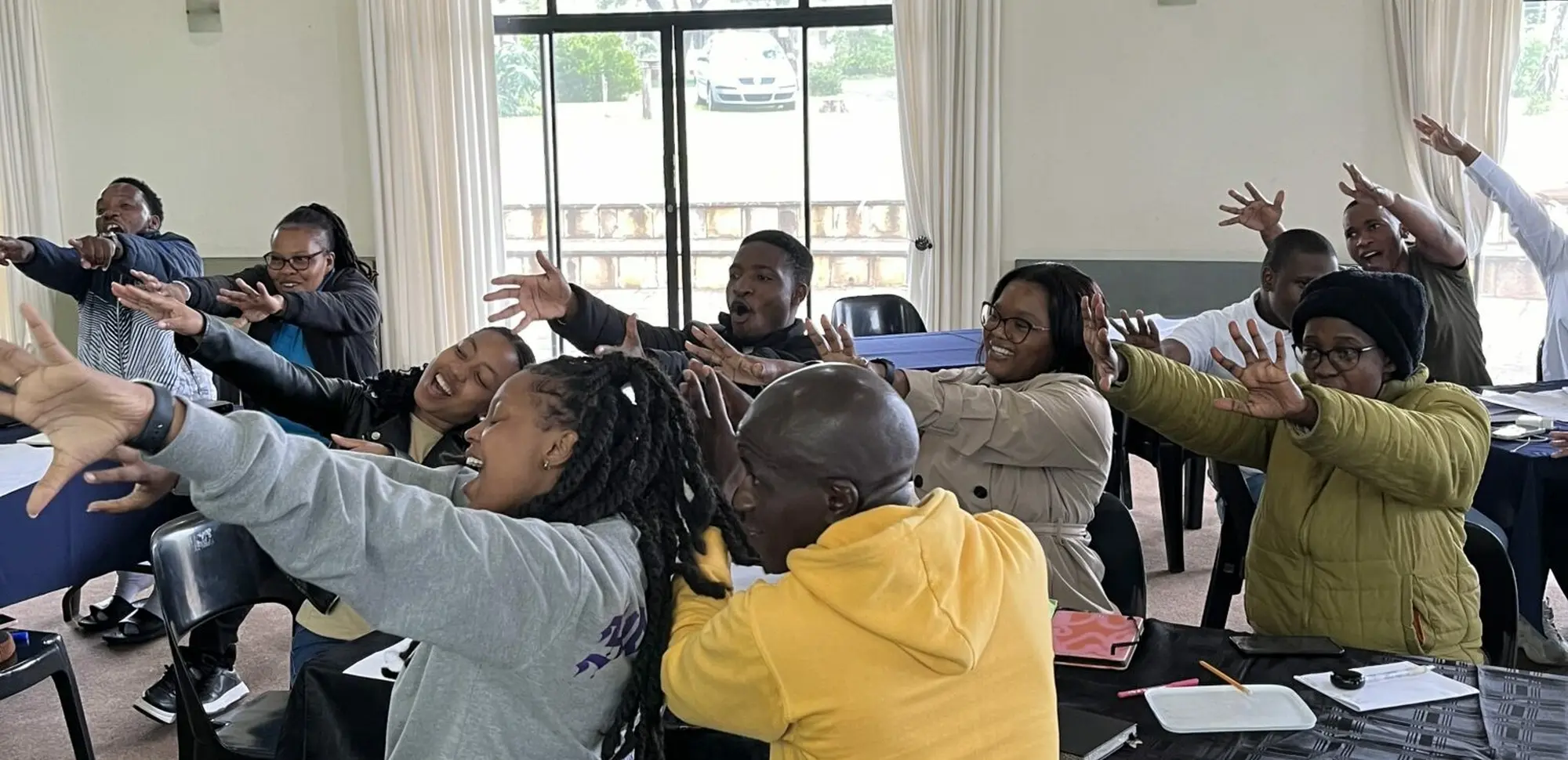
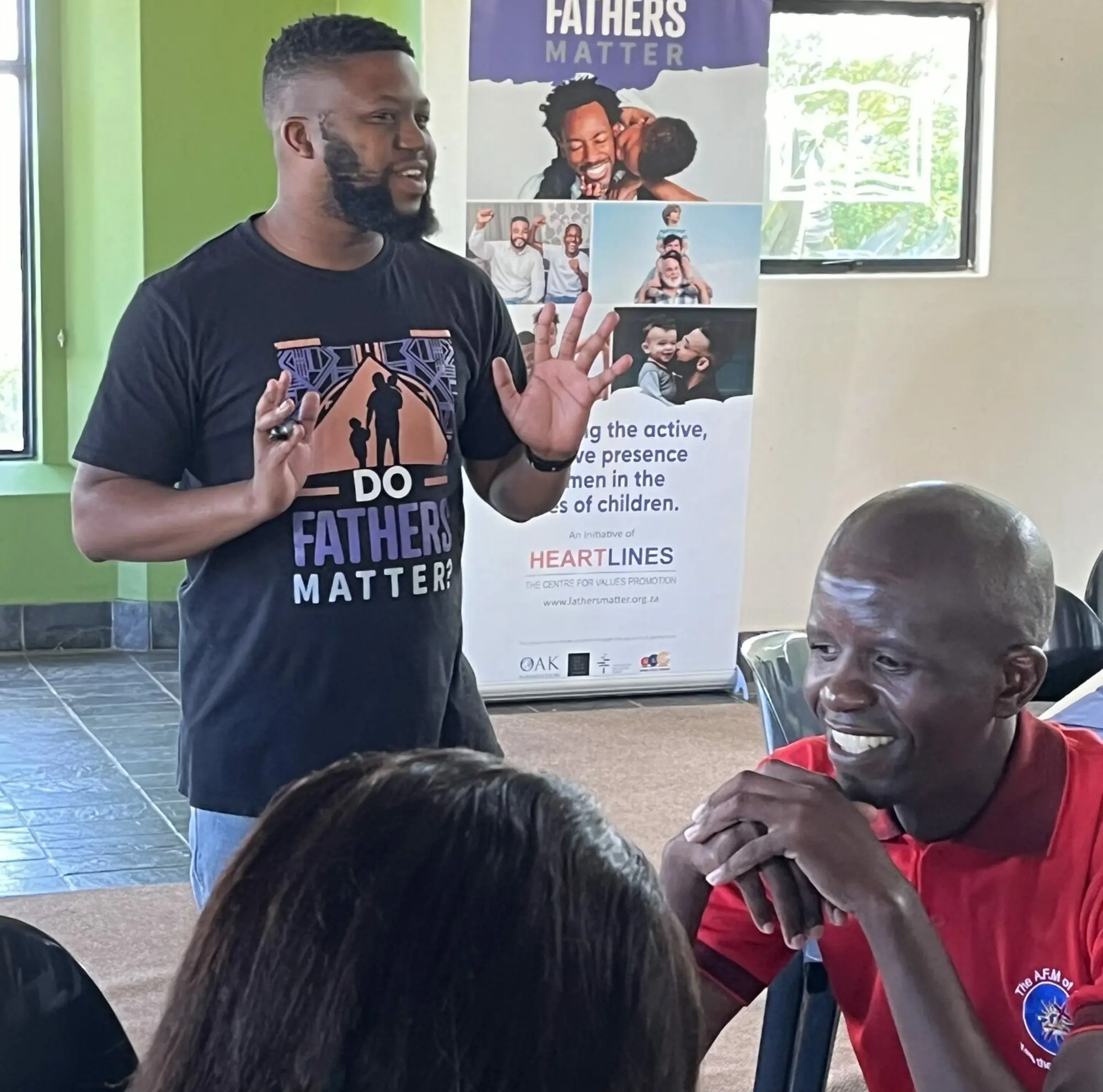
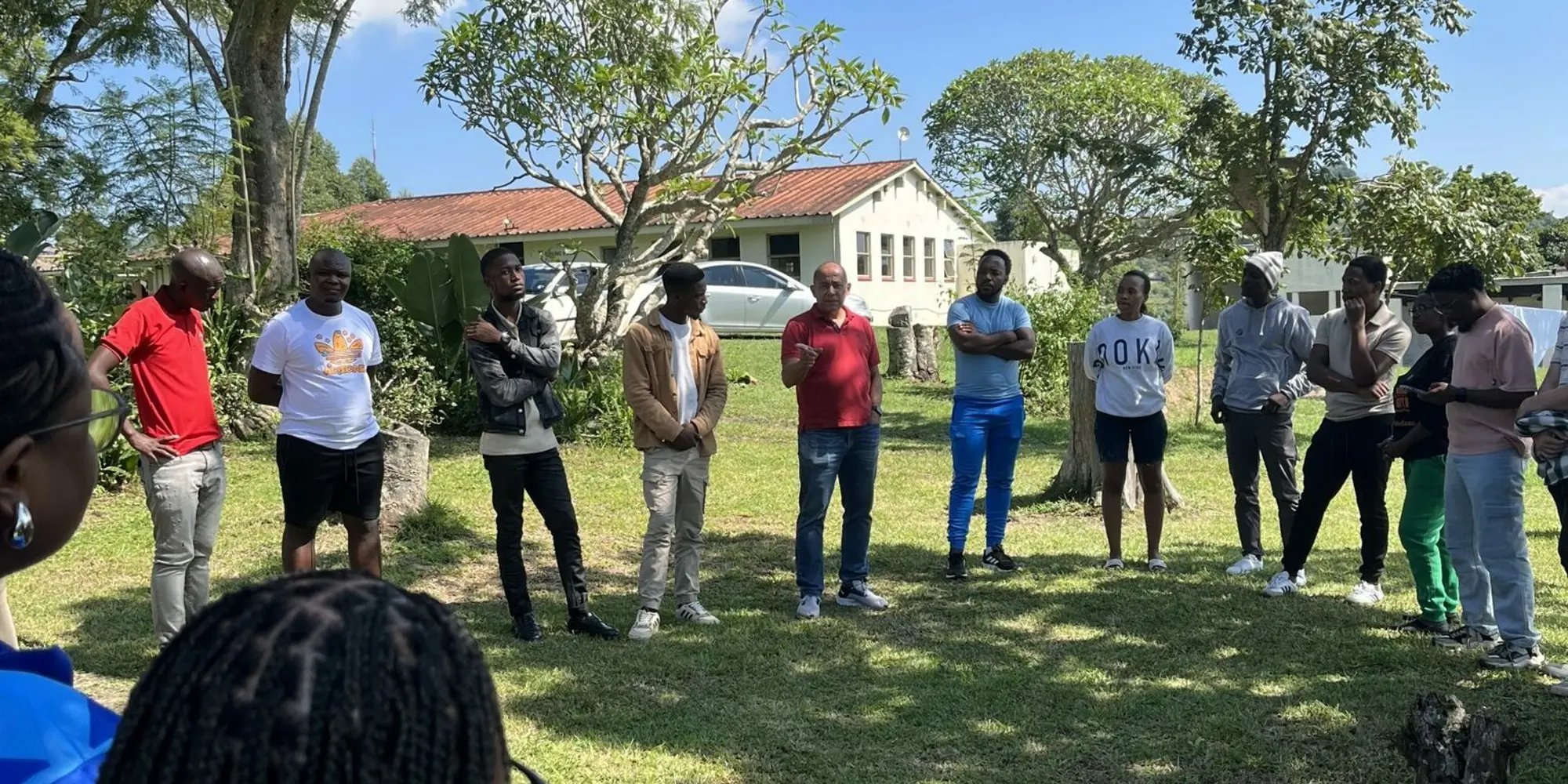

David Nyland
David is a sensitive and intuitive copywriter with experience in marketing and advertising. He has a passion for crafting compelling content that resonates with audiences.
Featured
